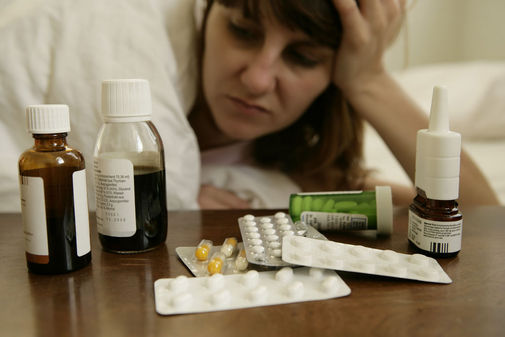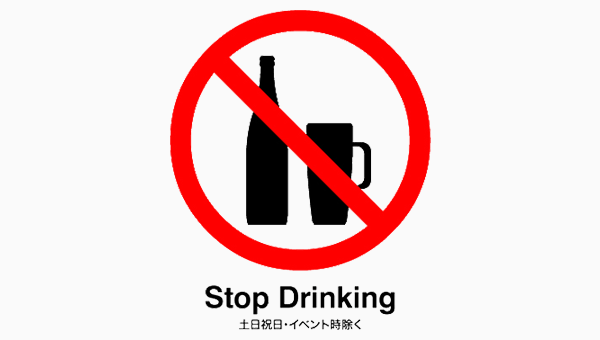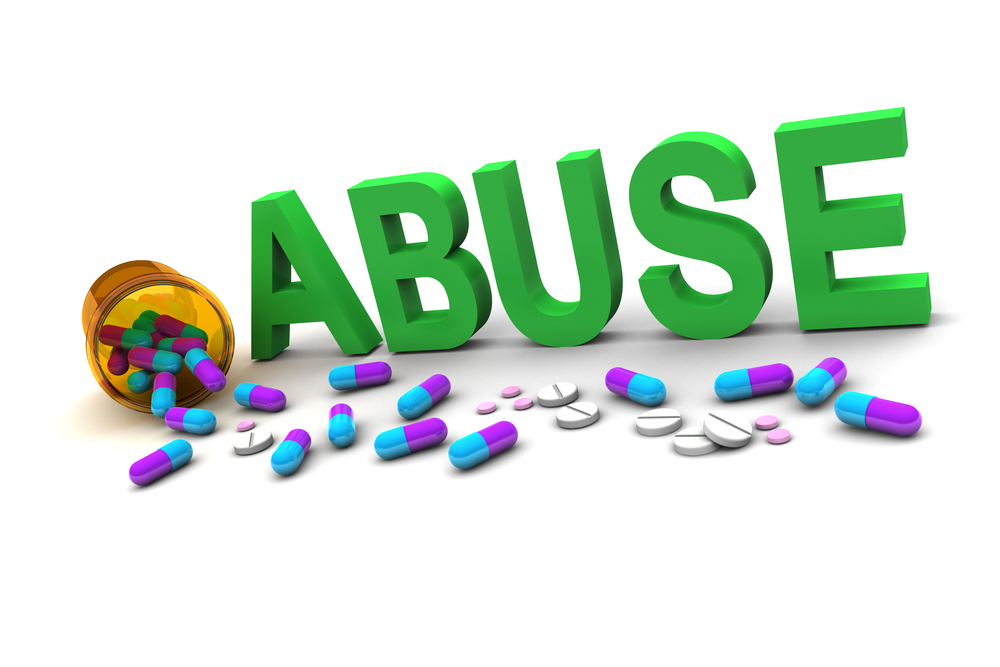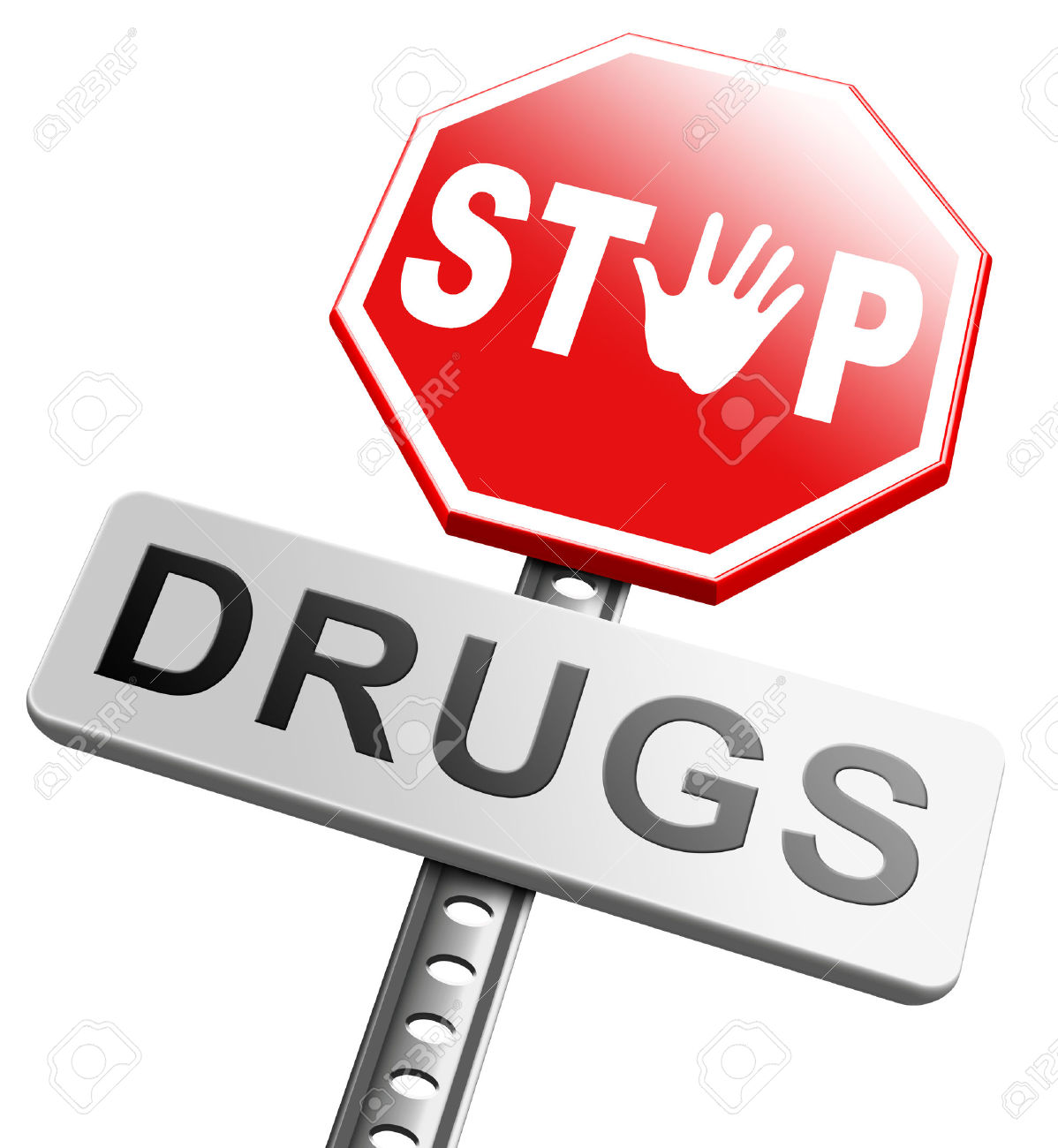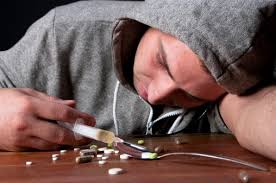Post acute withdrawals symptoms (PAWS)

Post acute withdrawals symptoms (PAWS) has serious consequences
Post acute withdrawals symptoms (PAWS): Understanding each episode of withdrawal symptoms
In our effort of trying to facing the problems associated with alcohol and substance abuse it is very common that along the way we often meet challenges that rangers from patient denial to relapse after several weeks or months of undisputed commitment on both the patient and our experts who are administering treatment to them. One of the ways we have found out to be working for us is that of finding professional ways of dealing with post-acute withdrawals symptoms PAWS also known as dual diagnosis in addiction. Doctor Dalal Akoury who is the MD and founder of this facility (AWAREmed Health and Wellness Resource Center) is not just any doctor but a veteran addiction experts with a passion of helping people get better from state of hopelessness to a new life of total fulfillment and freedom from drug addiction and misuse of alcohol. In her several decades of practice, she has established that in some instances these persistent symptoms in recovery will be a sign that the individual is dealing with some other issue other than their addiction problem. As a matter of fact, it is now recognized that a significant number of addicts have a dual diagnosis and the most disturbing part of it is that they are ignorant of it. The implication of that is that besides their addiction problem, they are also struggling with other complications such as depression, anxiety disorder, or bipolar disorder. It will not therefore surprise you to note that these other undiagnosed problem could be responsible their incentive into substance abuse and misuse of alcohol in the first place. And when things get out of hand, users may attempt to self-medicate in order to escape the criticism from the society and even very close relatives.
From the professional point of view says doctor Akoury, if for whatever reason users of these substances ignore treatment thereby creating some pending treatment issues, the implication of that is very clear in the sense that any untreated dual diagnosis can actually prevent them from finding happiness in recovery? Some people may just dismiss their symptoms as Post-Acute Withdrawal Symptoms (PAWS), and this means that they delay in seeking for treatment. It is always advisable to seek a professional opinion if the individual is finding it difficult to settle into recovery due to unpleasant symptoms. In most instances it will be possible to manage the dual diagnosis so that the individual will be able to build a successful recovery. Doctor Dalal Akoury can be of help to you if only you can call her today.
Post acute withdrawals symptoms (PAWS): Other causes of symptoms in early recovery
In some relatively rare cases the individual may have more significant problems that can result in continued symptoms in long-term recovery. Those who have developed conditions such as alcoholic dementia may have caused irreversible damage to their brain. The individual may be able to learn how to function at a higher level, but in some cases they will just have to adapt to living with this mental impairment.
Post acute withdrawals symptoms (PAWS): Understanding each episode of withdrawal symptoms
http://www.awaremednetwork.com/

